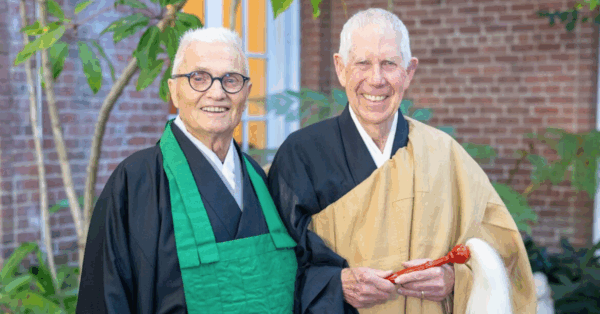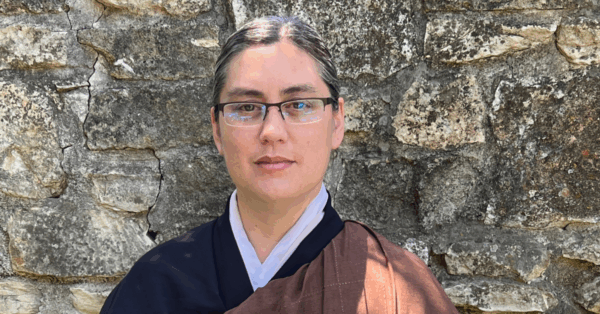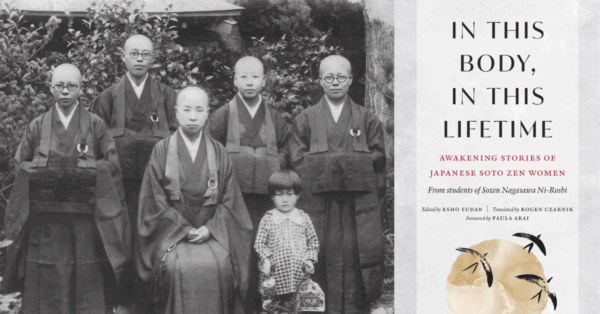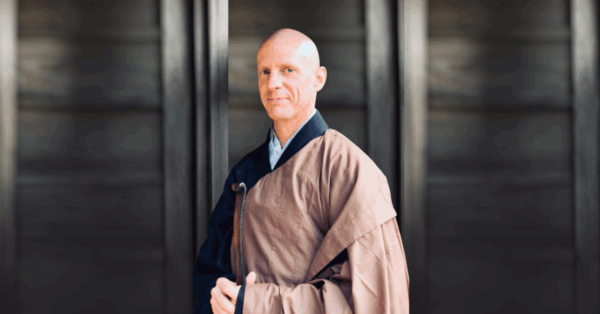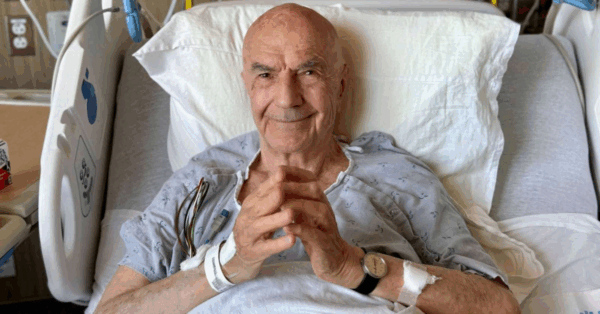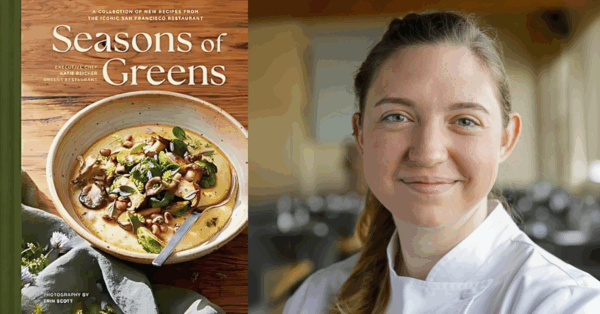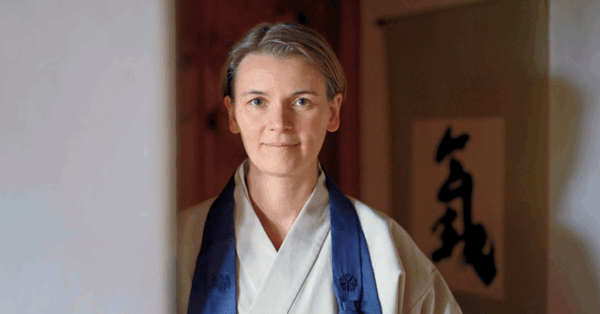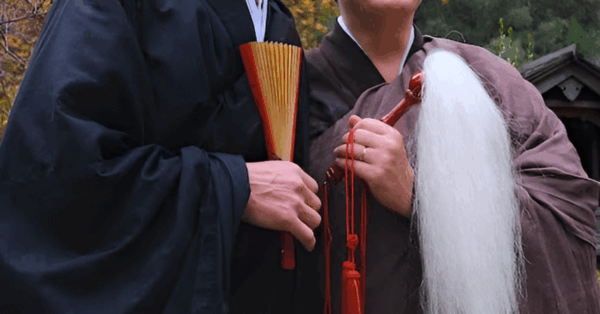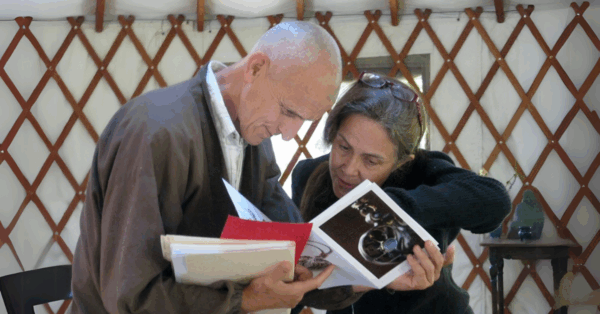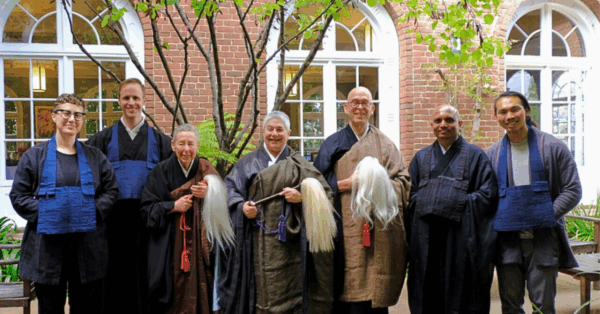“When a story is told well, truthfully, from the body, it is not only the artist who experiences relief, but the audience as well. This is the alchemy of performance.”
– Nina Wise, Stories the Body Tells, in Yoga Journal
We use more than wor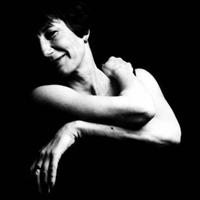 ds to share our thoughts and feelings and to communicate meaning. Beyond the fame of legendary bards and griots or even the latest in cognitive psychology, we know from personal experience the power and persuasiveness of storytelling.
ds to share our thoughts and feelings and to communicate meaning. Beyond the fame of legendary bards and griots or even the latest in cognitive psychology, we know from personal experience the power and persuasiveness of storytelling.
If we haven’t done so ourselves, we certainly have dreamt of delivering that inspiring, heartfelt toast at our bestfriend’s wedding or holding the punch line of a joke just long enough to see listeners pause in anticipation. What is this alchemy, so available and yet so hard to deconstruct?
Nina Wise is an improvisational performance artist, the founder of the Motion Theater technique, and a longtime Buddhist practitioner who will be teaching Spontaneous Zen: A Workshop in Meditation and Autobiographical Improvisation at Tassajara Zen Mountain Center. Nina shares some of her insights into improvisational performance in this excerpt from an interview with Hannah Fox for Contact Quarterly:
HANNAH: Describe the technique of Motion Theater.
NINA: In Motion Theater, we begin with stillness and allow a movement to arise from the stillness; we open and soften the mind to receive an image and then initiate a narrative with ourselves while we move, answering the questions, Where am I? What am I doing? We articulate the first image that comes to mind. It is important to ground the work in precise detail (color of room, shape of bed, texture of sheets, time of day, smells) and to allow our movement to flow along with the images of the story as they arise. We then continue this process, allowing one image to lead to the next.
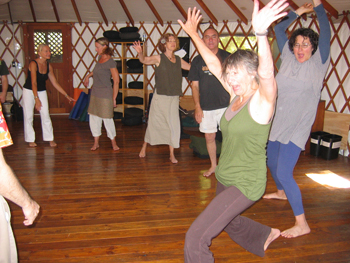 HANNAH: When I practice Motion Theater, I am stimulated and challenged by what seem to be the rules, or “guidelines,” as we call them.
HANNAH: When I practice Motion Theater, I am stimulated and challenged by what seem to be the rules, or “guidelines,” as we call them.
NINA: My experience has been that when people nail it on stage, everybody in the room feels a sense of freedom, as does the person performing. It is a moment of deep spontaneity and precision; this is when freedom is ignited. There’s a combustion, and it’s clear. It has to do with following the guidelines, which are about grounding an experience in sensual detail so that the audience can feel and see and hear and taste what you as the protagonist in your own story are feeling and seeing and hearing and tasting. And you let the emotions be present in your voice and in your attitude and in your perception.
HANNAH: You also often include meditation as part of the practice of Motion Theater. I wonder if, or how much, Buddhist practice and philosophy have influenced the technique, as it seems to have many tenets that overlap with Buddhism.
“This is a profound, fun class, designed for everyone. Nina is a brilliant teacher and I plan to come back and study with her.”
NINA: I started improvising before I knew anything about Buddhism. So I don’t know if my improv is grounded in Buddhism or if my Buddhism is grounded in my improv. Perhaps, rather than one being grounded in the other, they inform each other.
I teach meditation at the beginning of class. Becoming comfortable in silence is extremely important to one’s skill as an improviser. Often improvisers will try to fill up space with something, regardless of its quality. And so, being able to be still on stage in front of people is a great skill. Once you develop that comfort, you take a quantum leap in terms of your capacity to be present on stage. You no longer panic that the next thing won’t come or you’ll have nothing to say. You enjoy the stillness. The audience will breathe with you rather than worry about you.
HANNAH: Are you healthier for your practice of Motion Theater?
NINA: Definitely. Absolutely. The opportunity to express the stories of my life has been enormously healing for me. Not simply because I have a way of telling the stories of my personal struggles—my mother’s death from cancer when I was twenty-three, being the daughter of a Holocaust survivor—but also because I have a way to tell the stories of my daily life, stories about watering tomato plants and making tea. So often our lives seem impoverished because we have no way of perceiving their inherent value. But when we can tell one another with our voices and words and movement about our daily experiences, our lives seem rich and abundant. We reclaim the enchanted nature of the mundane.
“The experience was so rich and I felt in very good hands.”
From July 29 – August 2, Nina will join Jeremy Levie, Buddhist priest and Tanto (Head of Practice) at Green Gulch Farm, to lead Spontaneous Zen, a five-day retreat that blends improvisational performance with Zen practice, at Tassajara Zen Mountain Center. In this unique yet synergistic coupling of disciplines, Nina and Jeremy will guide participants as they settle into Zen meditation and transform silence into the stories that connect us to one another and to our authentic selves. This is an excellent workshop for performers, teachers, leaders, and anyone for whom communication is central.
To find out more about this offering please visit Spontaneous Zen: A Workshop in Meditation and Autobiographical Improvisation.
[iframe width=”420″ height=”315″ src=”http://www.youtube.com/embed/DeP-hu5m4G8?rel=0″ frameborder=”0″ allowfullscreen></iframe]
Motion Theater is an art form, a healing methodology, and a spiritual practice that supports you in becoming more free, present and authentic. Integrating movement with improvised, autobiographical stories, you can discover an exquisite ease of being that will spill over into all areas of your life. Find your natural self and delight in the authenticity of others while you improve your skills in movement, narrative and improvisation. Enliven, refresh and renew your spirit as you deepen your skills in expression.


